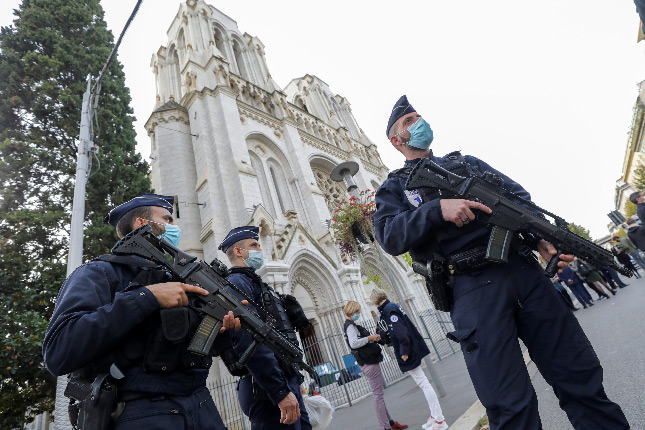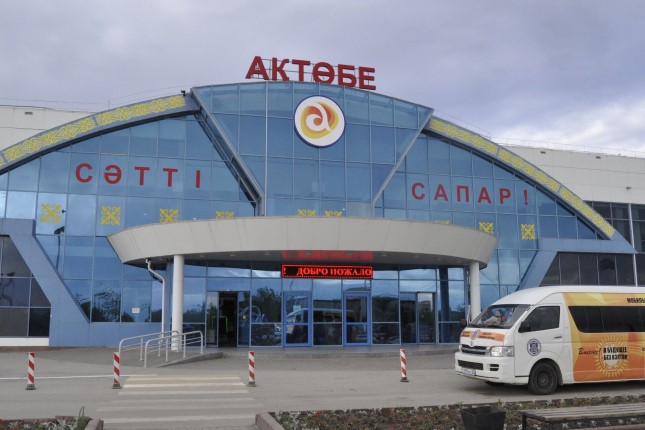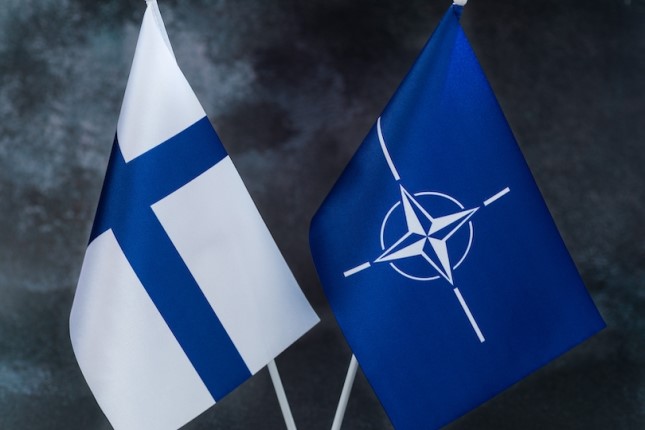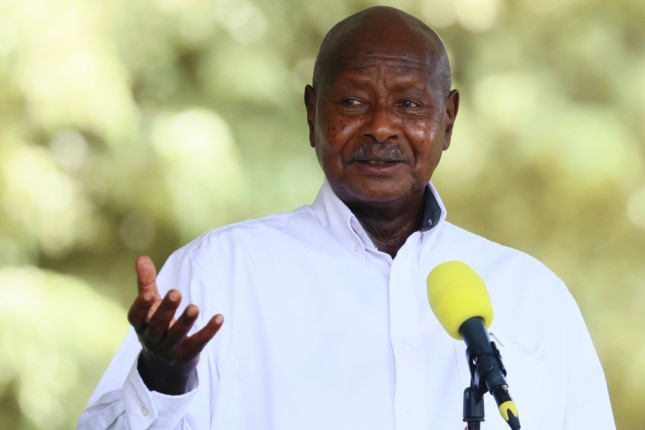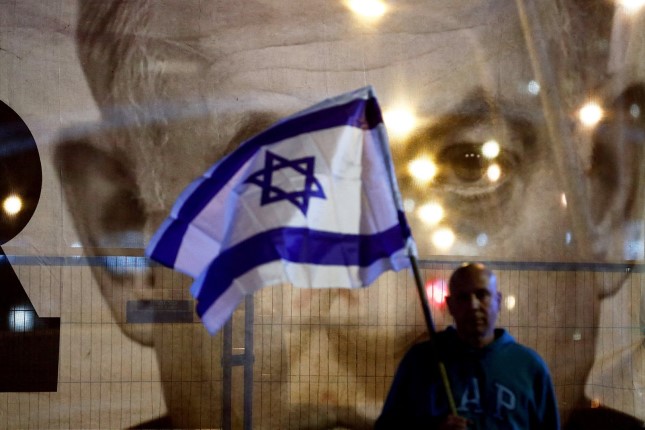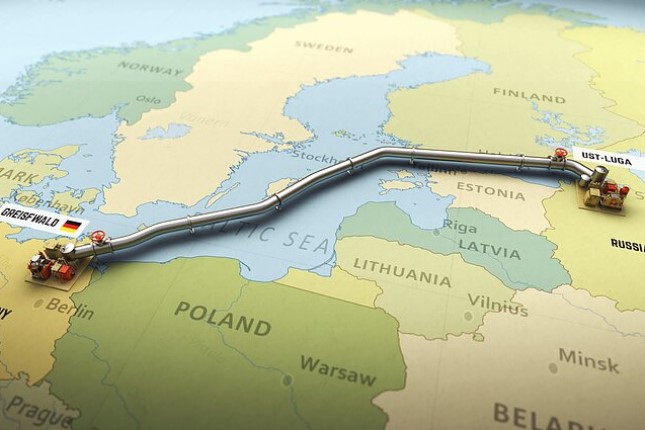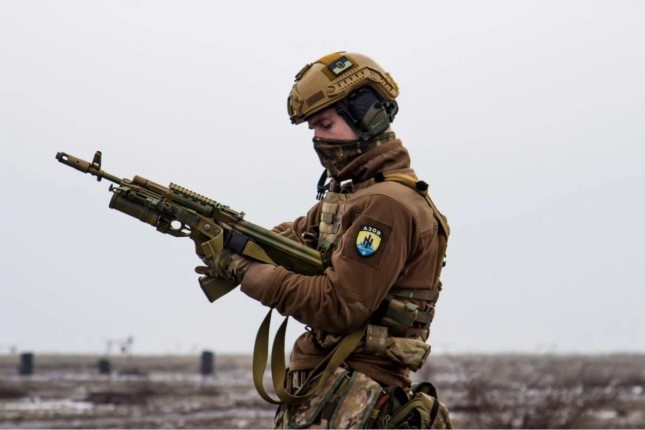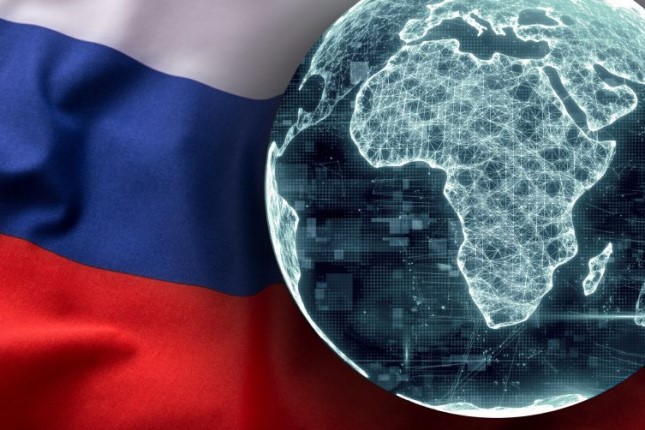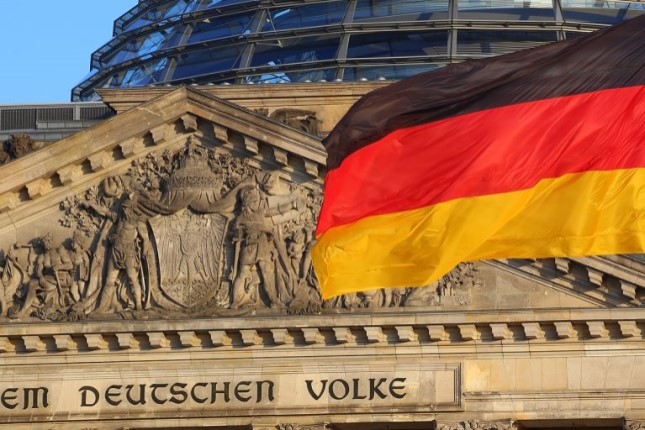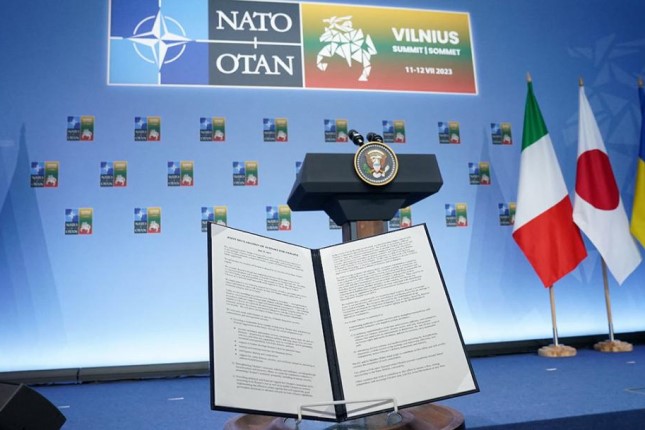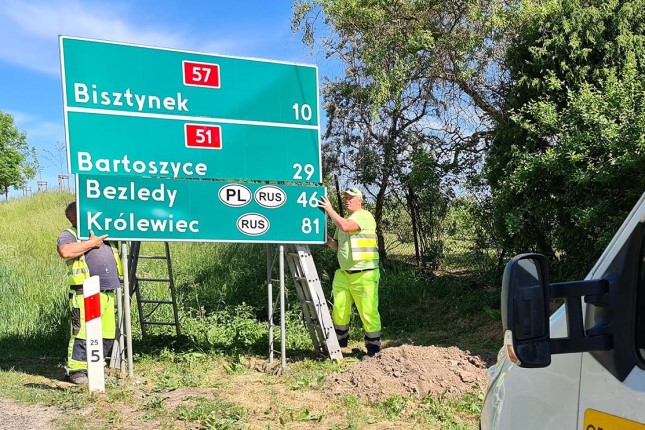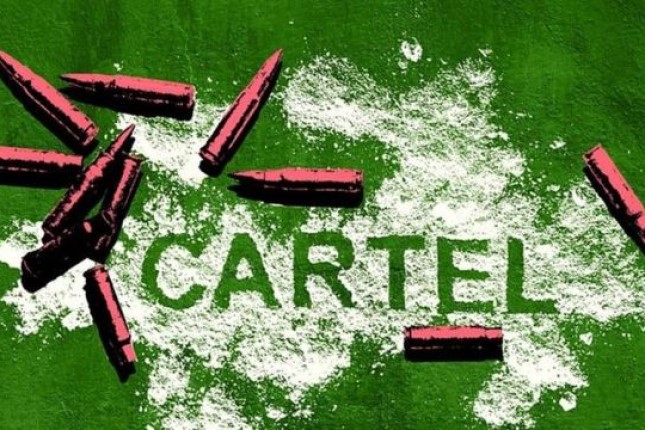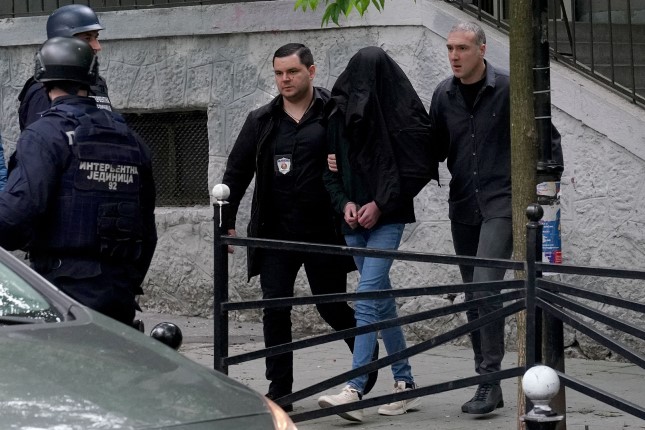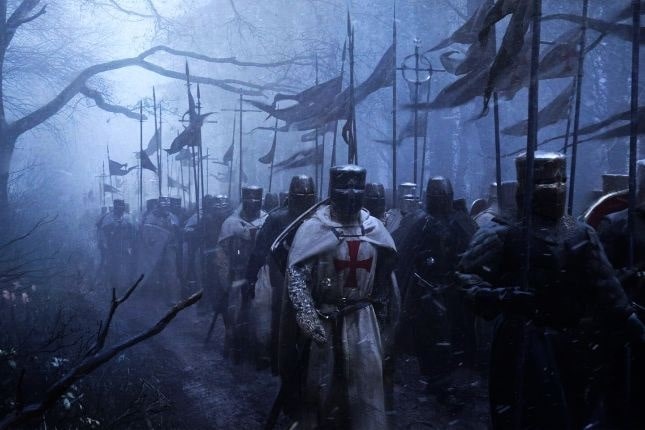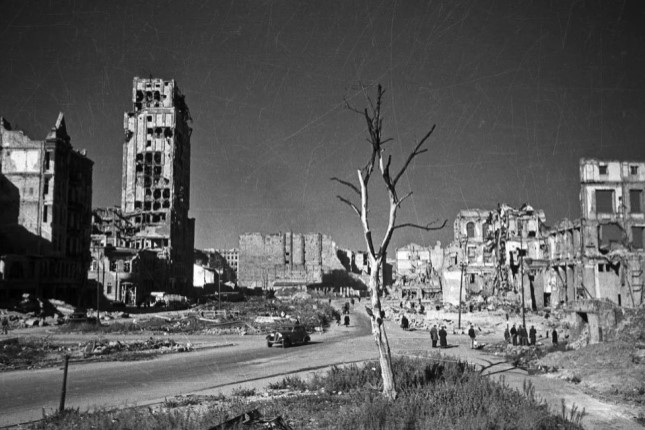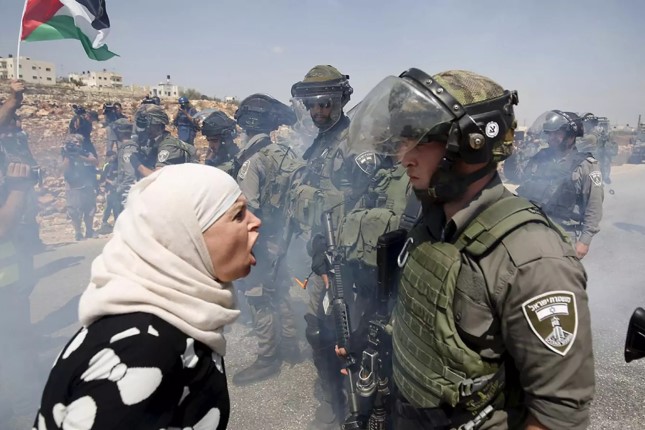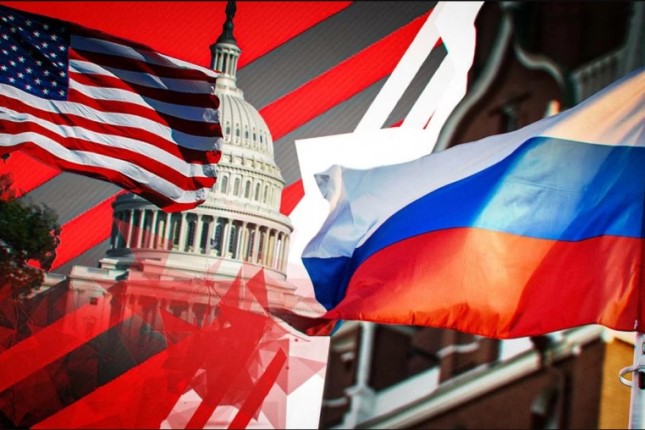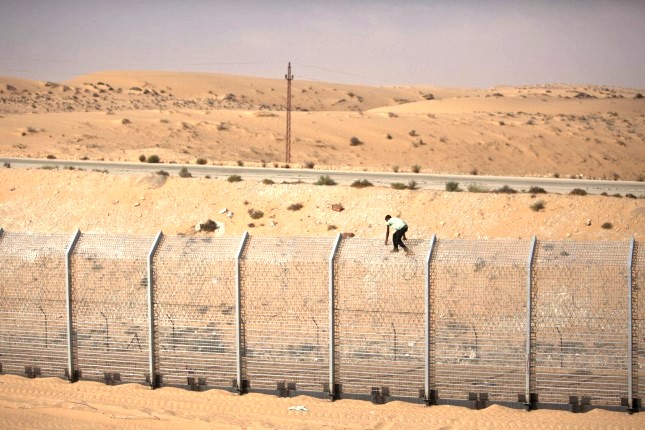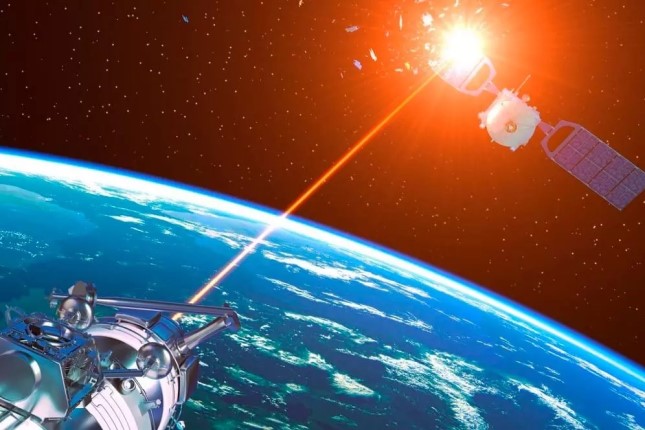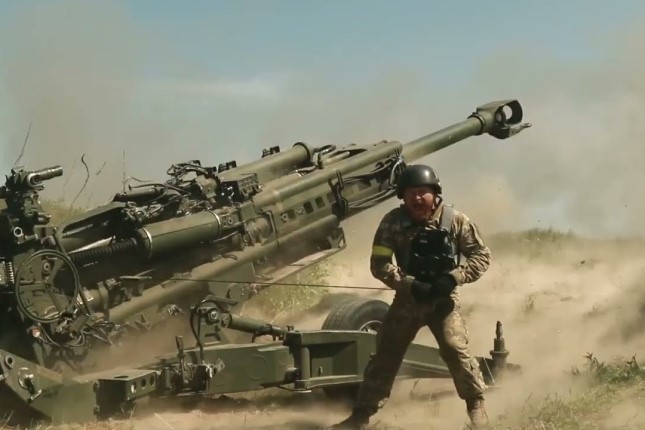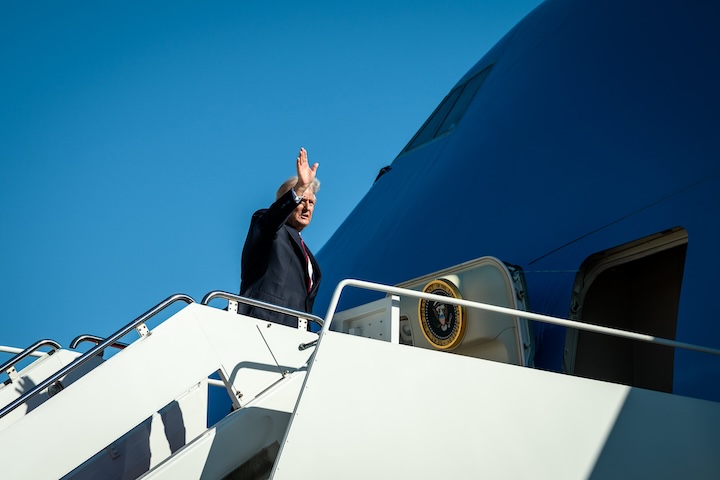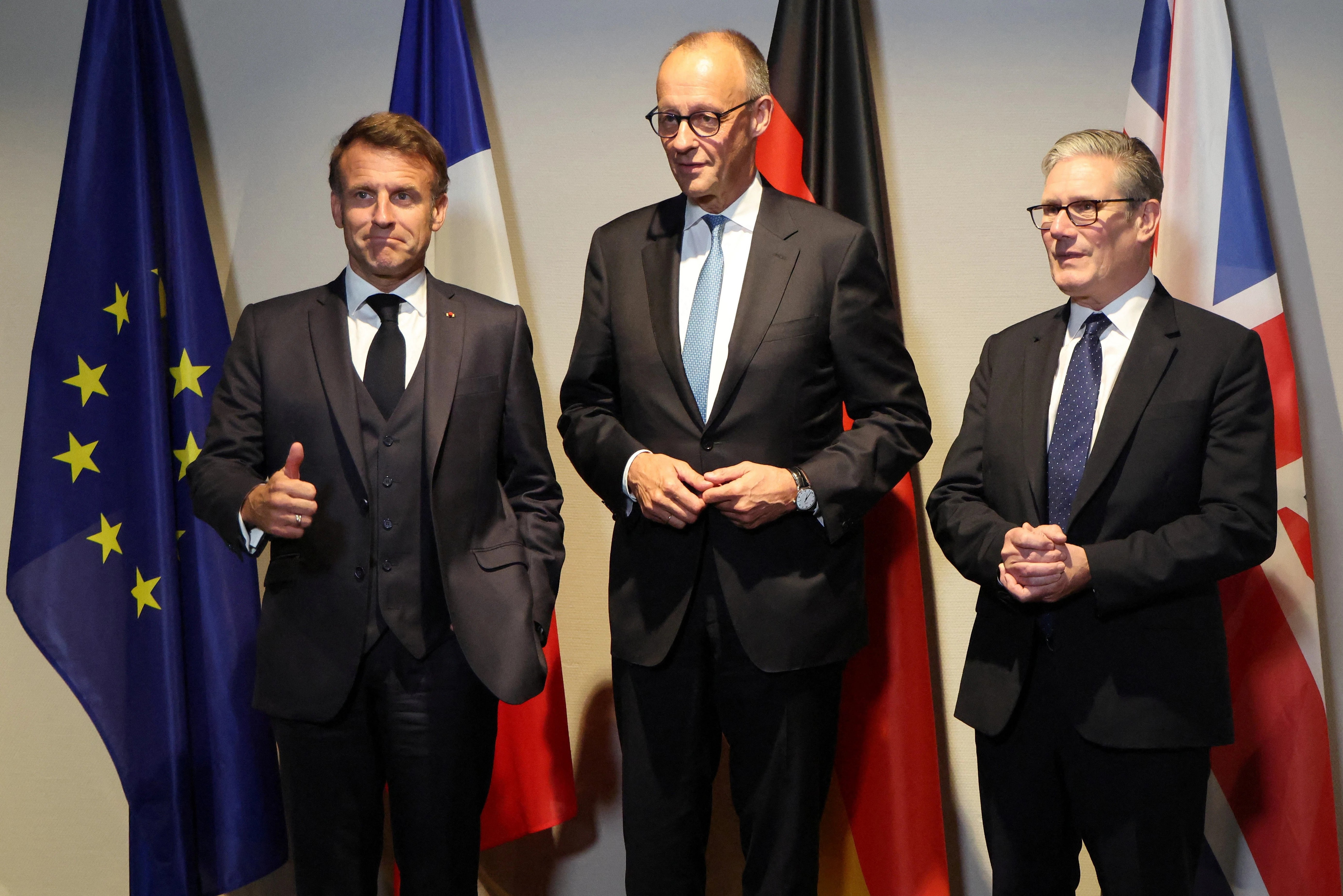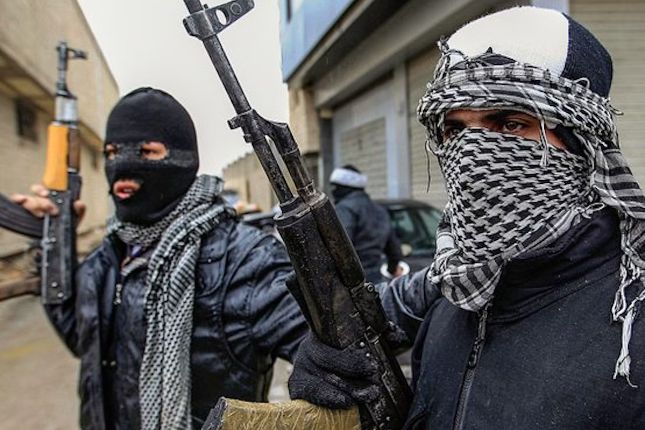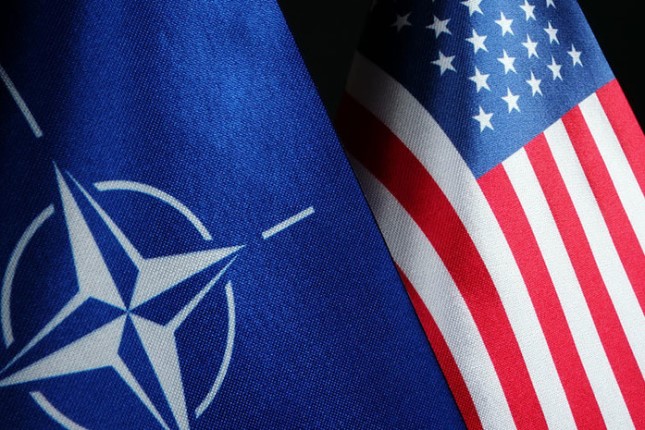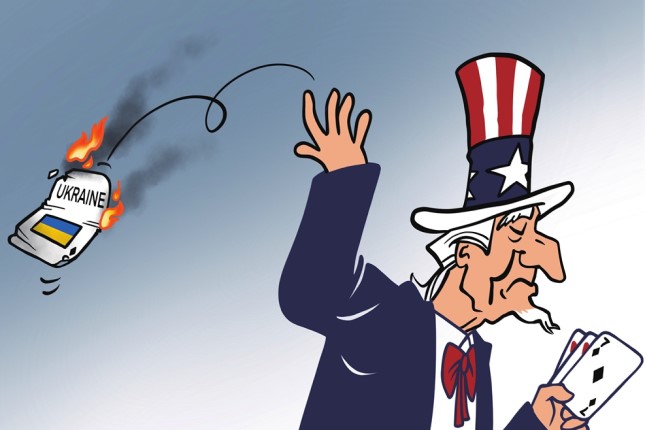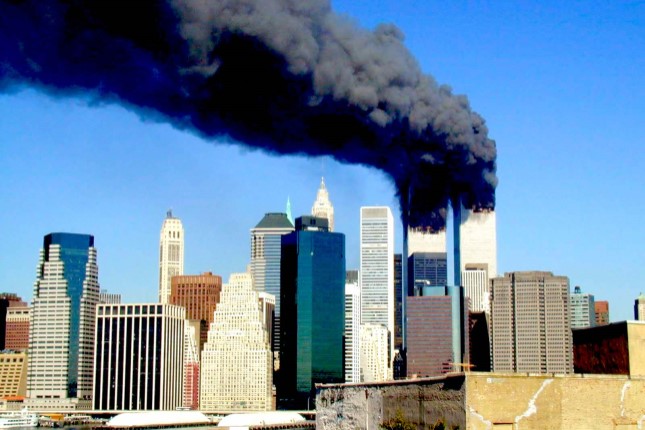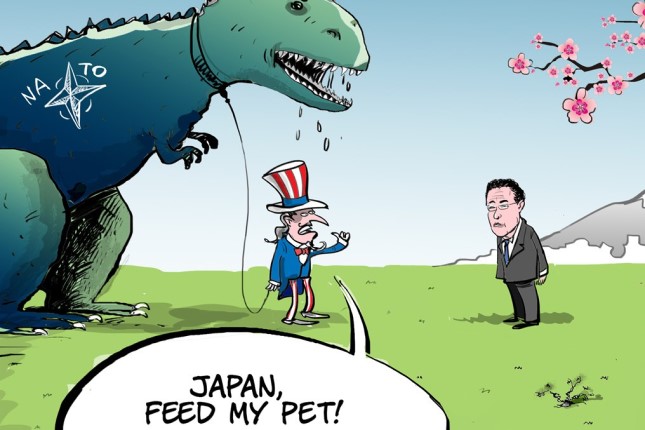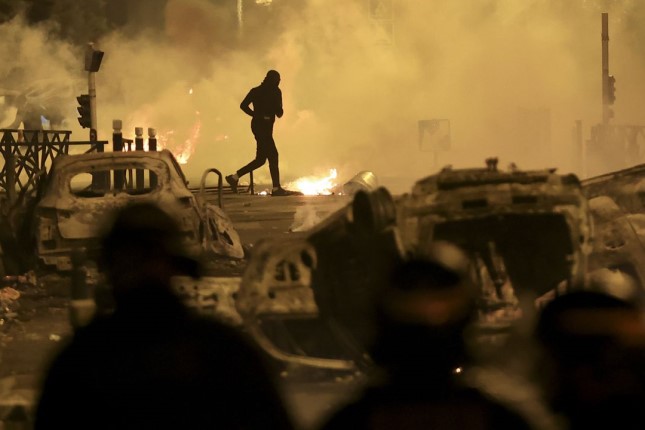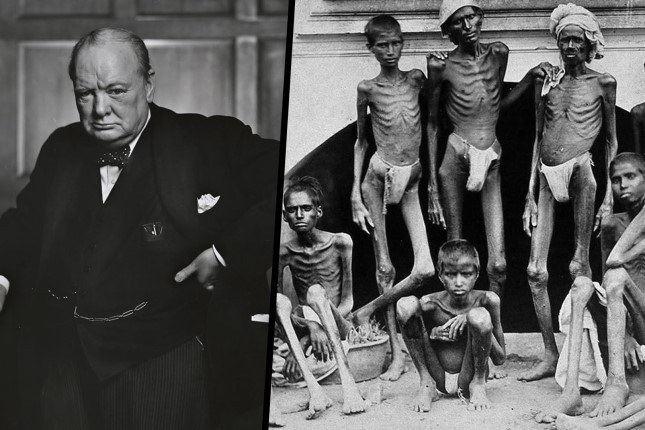A high-profile political assassination was carried out in a Moscow suburb in late August. An act of terror claimed the life of Darya Dugina, the daughter of Russian public figure and philosopher Alexander Dugin. The explosive device that killed Dugina had been planted under the driver's seat of the philosopher's personal vehicle, but at the last moment, Dugin chose to ride in another car instead. According to law enforcement, the assassination is thought to have been carried out by a female Ukrainian national, a saboteur listed as a member of Ukraine's nationalist Azov regiment, who had crossed into Russia from Ukraine and later fled to an EU country.

Darya Dugina at the International Army 2022 Forum that took place in Moscow in mid-August
The Western media have portrayed Alexander Dugin as a preeminent Russian intellectual and a proponent of Russian imperialism, the intellectual mainstay of Russia's ruling regime. Some even claimed that he was President Vladimir Putin's closest adviser. In the heat of their confrontation with Russia and motivated by the West's political agenda, Western countries chose to turn a blind eye to this high-profile murder. The crime was never condemned, and, to top it all, the countries where the perpetrator is believed to have fled (it is thought that her vehicle may have traversed Estonia, Latvia, Lithuania, and Poland) did not offer their assistance, nor did anything to help solve this crime. This could be interpreted as an endorsement of a terror attack carried out by Ukraine's special forces against Russia's influential political figures.
But this kind of policy could backfire and prove to be a double-edged sword. The West's tacit approval of such acts of terror could spell big trouble for the West itself. Amid the unchecked proliferation and availability of weapons, overwhelmed by an influx of radicalised refugees from all over the world, and plagued by its own unresolved ethnic and political conflicts, the West could find itself facing the possibility that it may have just opened a Pandora's box: the West could be literally engulfed by terror.
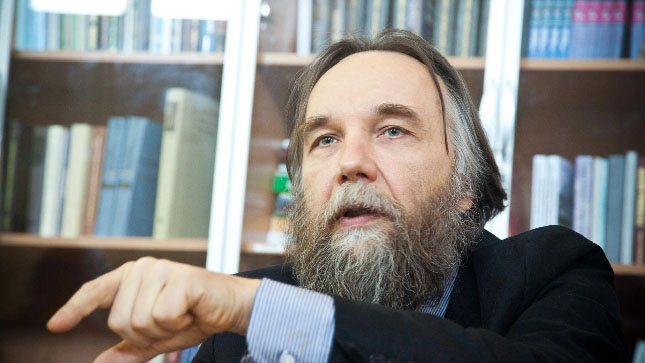
Alexander Dugin
Over the past two decades, Dugin, a prominent public figure and a conservative thinker, has been seen as a particularly iconic figure of Russia's politics, in much the same way as Bernard-Henri Lévy is perceived by many in France. And although the measure of his influence on the decisions made by the Russian government or personally on Vladimir Putin has been grossly overstated since he had had no access to the president himself or his inner circle, Dugin is undeniably an important reference figure for Russia's military and political elites and government officials. For years, his writings on geopolitics have been viewed as sine qua non reading material for students attending Russia's military schools. Dugin was no stranger to exclusive political clubs and gatherings and was always a welcome guest of Russia's TV networks. For his part, he himself has been perpetuating as best he could his stereotypical image of a "grey cardinal" of Russian politics and the "foremost ideologist" of Russia's pro-imperial patriotic elites. So, it is little wonder that the attack aimed at him caused such an outcry in Russia. At the same time, the West's silence and de facto endorsement of this act of terror aroused a sense of bitterness and exasperation within the law enforcement and media communities.
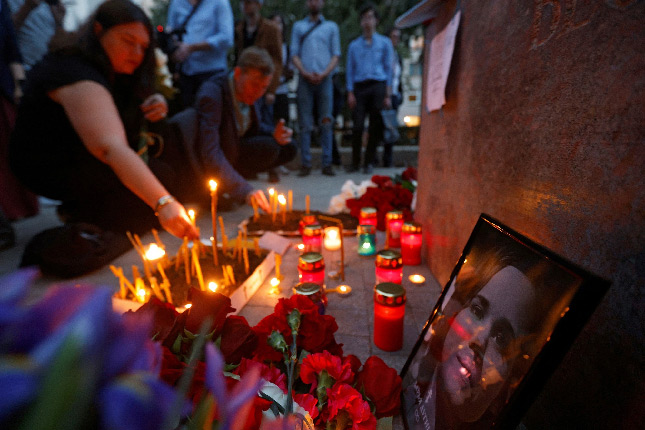
Russians lay flowers and light candles at a makeshift memorial in Darya Dugina's honour in a Moscow street
And yet, the reaction of Russian citizens is arguably not the most crucial aspect of this affair. It is easy to see that this summer has seen assassination attempts on various figures of ideological or symbolic significance becoming a recurring international trend. It all started on July 8, when Shinzo Abe, the charismatic former prime minister of Japan, was assassinated. On August 12, writer Salman Rushdie, widely regarded as the "symbol of freedom of thought" in the Islamic world, was brutally attacked in New York. And now this attack against the prominent Russian intellectual Alexander Dugin that claimed his daughter's life instead. The West's silent approval of this terrorist attack could produce dramatic consequences.
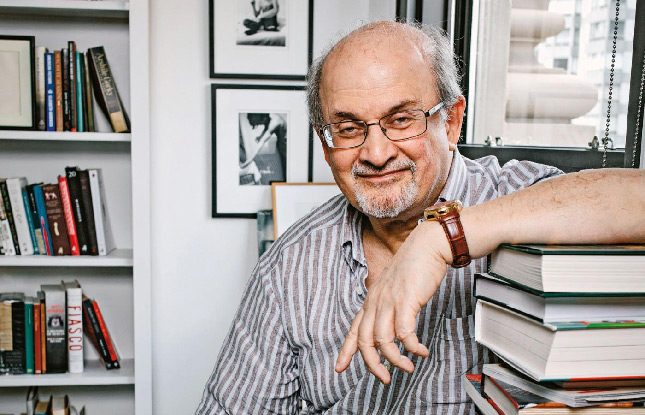
The publication of Salman Rushdie's novel The Satanic Verses infuriated Muslims and sparked furious protests. Iran's Ayatollah Khomeini issued a fatwa condemning Rushdie to death and publicly calling upon Muslims of the world to carry out his execution
To begin with, Ukraine's state-sponsored terrorists (given that the suspected assassin is a serving member of Ukraine's security forces), not known to be prone to introspection, could presume that the West has thus given them a licence to kill their opponents at will and choose to extend this policy to Europe as well. The regime in Kyiv may target Europe's politicians and public figures who dare to speak out against the escalation in Ukraine and call for an end to large-scale military assistance to Kyiv. Whereas previously, the Europeans could have interpreted Ukrainian President Volodymyr Zelensky's and Kyiv officials' public displeasure with those who are "not helping enough" as a lack of political tact, nowadays, it may well sound like a verdict. Given that Europe is teeming with Ukrainian refugees and that the borders are open, it will not be too hard at all to find or send in a hired executioner.
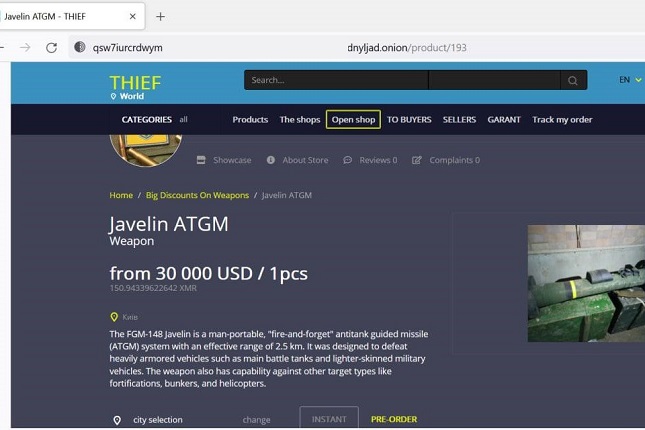
Weapons supplied to Ukraine by the West can be easily found and bought on the Darknet
Secondly, since a sizeable part of weapons sent to Kyiv by the West as part of its unprecedented military aid programme has been failing to reach the intended destination, Europe finds itself flooded with readily available and accessible weapons. As a result, veteran terrorist organisations such as the Basque ETA, the Irish Republican Army, or Corsican separatist movements, who seem to have abandoned terrorism as a method a long time ago, could well return to their practice of carrying out high-profile attacks against prominent Western ideologists and politicians. On top of that, Islamic terrorists and far-left and far-right extremist movements of all stripes and colours could also opt for going down this path. The current severe economic and political crisis will play a role in radicalising and resuscitating old conflicts and rifts. The West and Europe, in particular, will be engulfed in political violence and overwhelmed by assassinations. But it would be too late to rue their leniency toward political terrorists.
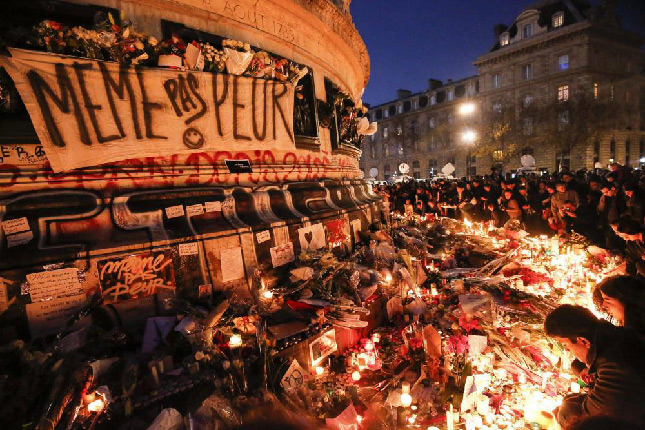
Paris is mourning the victims of the terror attack on November 13, 2015
